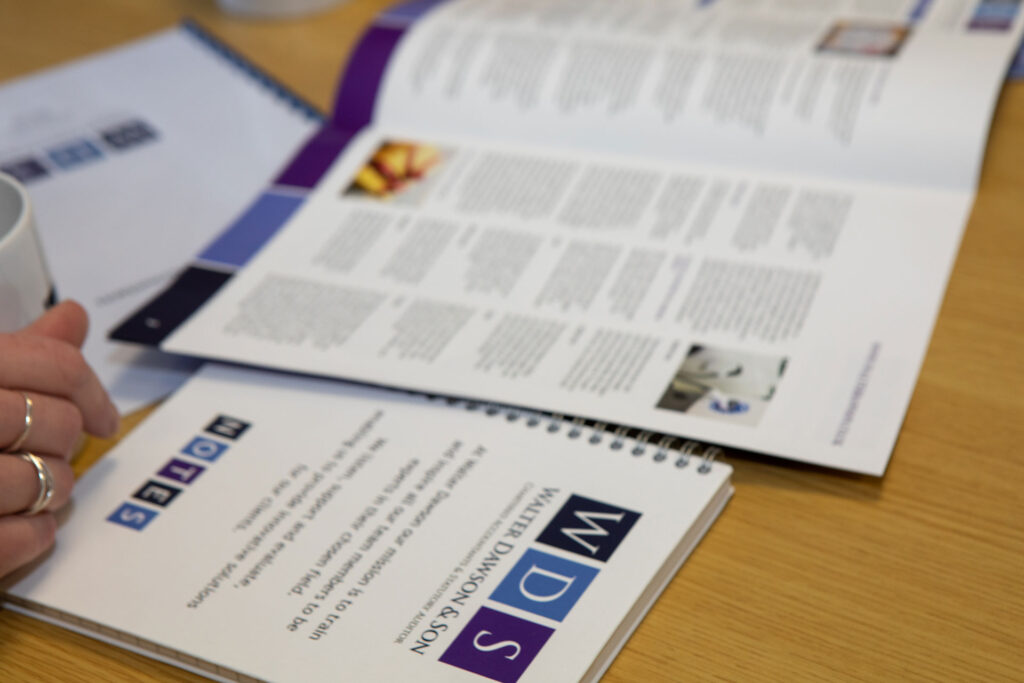Capital Gains Tax

Service Offerings
CGT Planning
We offer strategic planning services to minimise CGT liabilities on asset disposals, including property, investments, and business assets. Our advisors identify available exemptions, reliefs, and allowances to optimise your tax position.
Property CGT Advice
Our team provides guidance on managing CGT liabilities related to property transactions, including buy-to-let properties, second homes, and property development projects. We help you navigate complex CGT rules and maximise available reliefs.
Investment CGT Planning
Whether you’re selling stocks, shares, or other investments, we offer advice on managing CGT liabilities and optimising tax-efficient investment strategies. Our experts ensure you make informed decisions to minimise tax implications.
Business Asset Disposal Relief (BADR) Planning
Our team advises business owners on qualifying for BADR, a valuable CGT relief available on the sale of qualifying business assets. We help you meet BADR criteria and maximise tax savings on disposal.
Expert Guidance
Benefit from the expertise of our qualified tax advisors who specialise in CGT matters and stay up-to-date with the latest tax laws and regulations.
Tax Savings
Our strategic CGT planning services aim to minimise your CGT liabilities legally, ensuring you only pay what is required while maximising available reliefs and exemptions.
Risk Mitigation
We help you understand CGT rules and regulations, reducing the risk of non-compliance and potential penalties imposed by HMRC.
Tailored Solutions
We understand that every CGT situation is unique. Our personalized approach ensures that our services are tailored to meet your specific needs, objectives, and asset portfolio.
Timely Support
Our team provides timely support and guidance, helping you navigate CGT-related challenges, respond to HMRC queries, and address any tax planning opportunities as they arise.
Long-Term Planning
We work with you to develop long-term CGT strategies aligned with your financial goals, enabling you to make informed decisions and optimise tax efficiencies over time.
How Can I Get Started with Your Capital Gains Tax (CGT) Advisory Services?
To get started, simply contact our team to schedule a consultation. We’ll assess your CGT needs, discuss your asset portfolio, and tailor a tax solution to minimise your CGT liabilities and optimise your financial position.
What Is the Annual Exempt Amount for Capital Gains Tax (CGT)?
The annual exempt amount is the threshold below which CGT is not payable. Our team can help you understand the current annual exempt amount and optimise your asset disposals to make the most of this allowance.
How Do I Qualify for Business Asset Disposal Relief (BADR) on Capital Gains Tax (CGT)?
BADR is available to individuals disposing of qualifying business assets. Our advisors can assess your eligibility, advise on meeting BADR criteria, and help you claim BADR to benefit from reduced CGT rates on qualifying disposals.
Can You Help Me Calculate Capital Gains Tax (CGT) Liabilities?
Yes, our advisors can assist in calculating CGT liabilities on asset disposals, considering factors such as acquisition cost, sale proceeds, allowable expenses, and applicable reliefs. We ensure accurate CGT calculations and compliance with HMRC regulations.
What Documentation Do I Need for Capital Gains Tax (CGT) Reporting?
Documentation requirements may include purchase invoices, sale contracts, valuation reports, and any relevant expense receipts or documentation. Our team assists in gathering and organising the necessary documentation for CGT reporting.
How Can I Minimise Capital Gains Tax (CGT) Liabilities?
Our tax advisors offer strategic planning services to minimise CGT liabilities legally, including timing asset disposals, utilising exemptions and reliefs, and structuring transactions tax-efficiently.
Are There Any Exemptions or Reliefs Available for Capital Gains Tax (CGT)?
Yes, there are various exemptions, reliefs, and allowances available to mitigate CGT liabilities, such as the Annual Exempt Amount (AEA), Business Asset Disposal Relief (BADR) Private Residence Relief (PRR), and others. Our advisors can assess your eligibility and help you.
How Is Capital Gains Tax Calculated?
CGT is calculated based on the difference between the sale proceeds (or market value) of the asset and its original purchase price (or acquisition cost), adjusted for any allowable expenses and capital improvements.
What Assets Are Subject to Capital Gains Tax (CGT)?
Assets subject to CGT include property, stocks, shares, investments, business assets, and certain personal possessions. Our advisors can help you understand CGT rules for different asset types.
What Is Capital Gains Tax (CGT) and When Does It Apply?
CGT is a tax imposed on the profit or gain realised from the sale, disposal or gift of certain assets, such as property, investments, or business assets. It applies when you sell or dispose of an asset for more than you paid for it.
